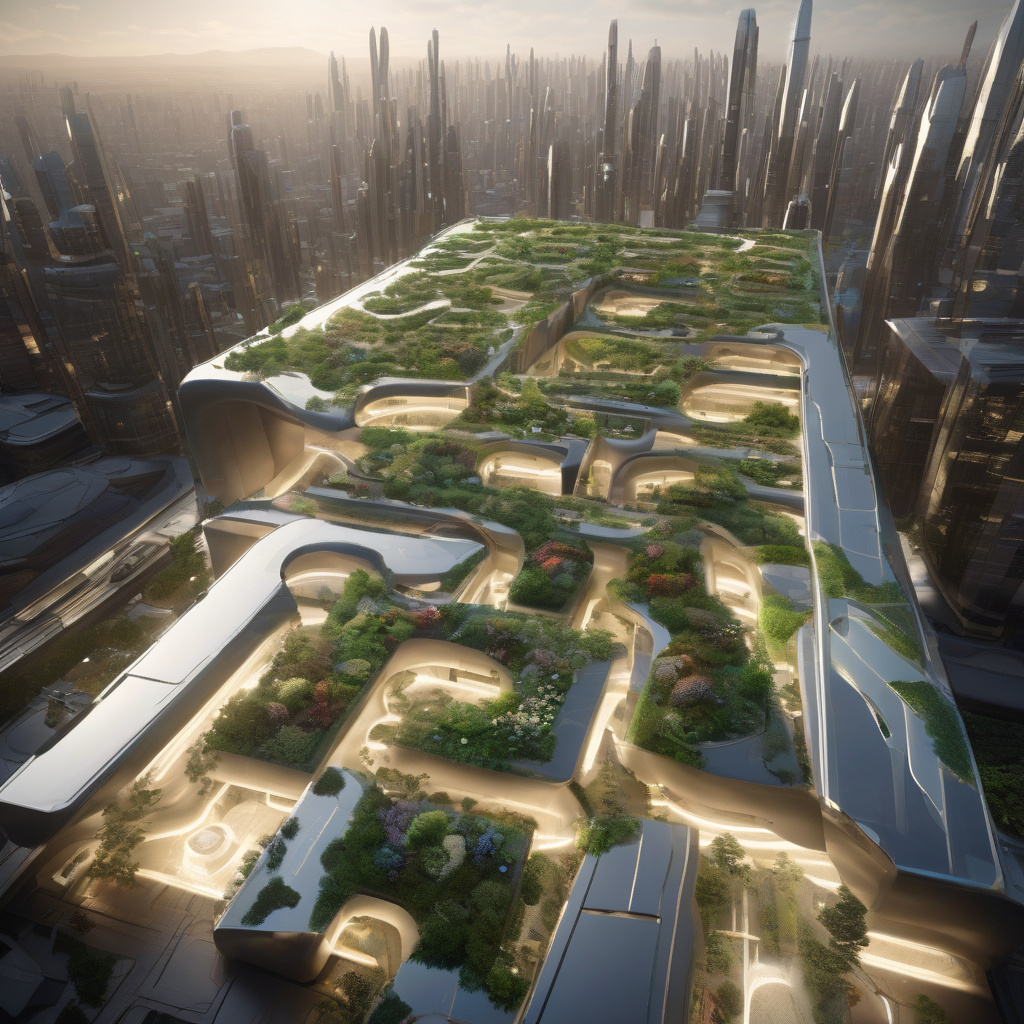Future-Proofing Buildings: The Role of AI in Resilience
In a world where the only constant is change, the need to future-proof buildings against emerging health and climate challenges has never been more critical. With the rise of technological advancements, Artificial Intelligence (AI) is stepping in to revolutionize the way we approach building resilience. A groundbreaking study has introduced a modular AI framework designed to enhance the adaptability of buildings, ensuring they can withstand the uncertainties of the future.
The integration of AI into building management systems presents a myriad of opportunities to enhance resilience. By leveraging real-time data and predictive analytics, AI can optimize energy consumption, improve indoor air quality, and even anticipate maintenance needs before they escalate into costly issues. This proactive approach not only enhances the overall efficiency of buildings but also minimizes risks associated with potential health and climate-related disruptions.
One of the key advantages of the modular AI framework is its adaptability to various building types and sizes. Whether it’s a commercial high-rise, a residential complex, or a mixed-use development, the AI system can be tailored to meet the specific needs of each building. This flexibility allows for seamless integration without the need for a complete overhaul of existing infrastructure, making it a cost-effective solution for enhancing resilience.
Moreover, the predictive capabilities of AI play a crucial role in future-proofing buildings. By analyzing historical data and identifying patterns, AI can forecast potential risks and vulnerabilities, enabling proactive measures to be implemented. For example, in the face of a heatwave, the AI system can automatically adjust the building’s temperature controls to ensure occupant comfort while minimizing energy consumption. Similarly, during a disease outbreak, the system can enhance ventilation and air filtration to maintain indoor air quality at optimal levels.
The modular AI framework also empowers building managers to make informed decisions based on real-time insights. By centralizing data from various sensors and IoT devices, the AI system provides a holistic view of the building’s performance, highlighting areas that require immediate attention. This level of transparency enables proactive maintenance and troubleshooting, ultimately extending the lifespan of building systems and reducing long-term costs.
Furthermore, AI can facilitate continuous optimization by learning from past experiences and refining its algorithms over time. As the system gathers more data and adapts to changing conditions, it becomes increasingly adept at predicting and mitigating risks. This iterative process of improvement ensures that buildings remain resilient in the face of evolving health and climate challenges.
In conclusion, the integration of AI into building management systems represents a significant step towards future-proofing buildings against uncertainties. By harnessing the power of real-time data, predictive analytics, and adaptive learning, AI can enhance the resilience of buildings, making them better equipped to withstand the challenges of tomorrow. As the modular AI framework continues to evolve, it holds the potential to transform the way we design, construct, and operate buildings in an ever-changing world.
future-proofing, AI, resilience, building management, predictive analytics
